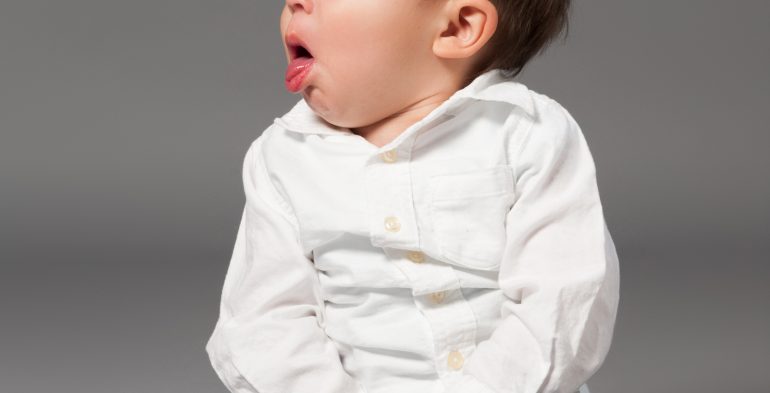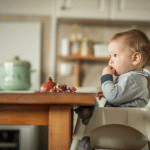
What is whooping cough?
Whooping cough is a highly contagious bacterial infection which can occasionally be fatal in infants. It causes inflammation in your child’s respiratory system, (lungs and airways).
Why is it called ‘whooping’ cough?
Whooping cough is also known as pertussis, it gets its name from the high pitched noise that sufferers, particularly children, make between coughing fits as they gasp for breath. Babies may not make this noise but they might gag or gasp for air or turn a shade of red or purple due to the strain on their respiratory system.
Signs and Symptoms of whooping cough:
The early symptoms of whooping cough are similar to that of a common cold or flu, the illness may present itself as innocent sneezing, runny nose, and a mild cough, your child may suffer from these symptoms for a couple of weeks before more worrying coughing spells begin; just as with the flu, your little one might also have a fever. Coughing fits will typically be worse at night and will occur for around thirty seconds of consecutive coughs before your child gasps for breath and then starts another coughing fit. Your baby’s lips and nails may be discolored from lack of oxygen and he or she may cough up vomit or thick mucus.
How to prevent whooping cough
Although vaccinations against whooping cough are available, your baby cannot receive his or her first jab until they are at least two months old, and the vaccinations you may have had in your youth will have worn off with age. Most babies contract whooping cough from adults in the family, who may unknowingly be carrying the illness, which is only exposing itself as a mere cold. People are contagious for up to two weeks after their coughing starts. The best way to protect your baby from illness is to make sure you yourself and other family members are vaccinated against whooping cough and keep visitors to a minimum before your baby has his or her full set of vaccinations, especially if an epidemic of this airborne disease has broken out.
Always get medical advice if you suspect that your child may have whooping cough or if your child seems to be struggling to breath.








